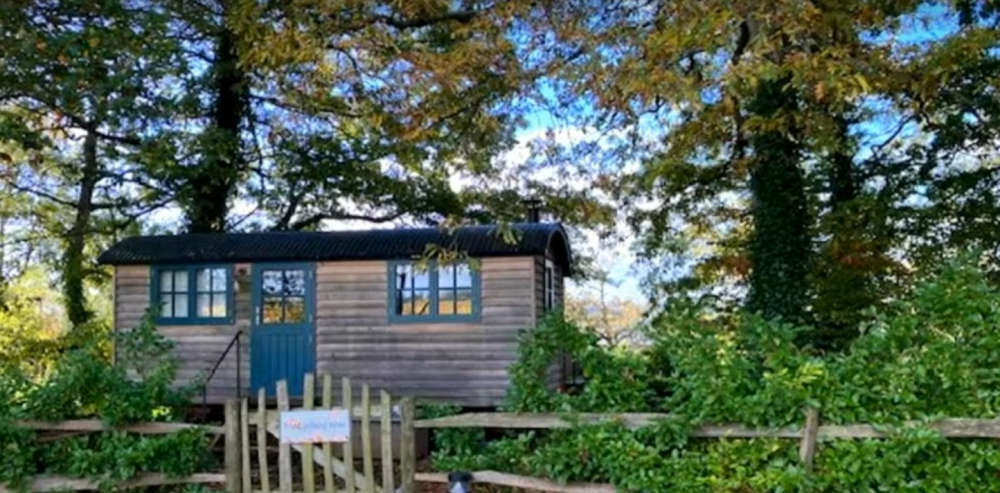
Celebrity chef Michael Caines has been told he can keep a group of luxury shepherd huts at his five-star hotel.
Planners opted to let the Lympstone Manor owner retain the six shepherd huts, which were originally installed without planning permission.
Concern was raised that the huts are placed in an ‘undeveloped coast and coastal protection area’, but planning officers recommended approval with conditions.
That was because they felt the huts would result in “less than substantial harm” to the surroundings, and that the benefits from additional tourist accommodation to the area’s economy and employment opportunities outweigh any harm.
Cllr Tim Dumper (Liberal Democrats, Exmouth Halsdon) addressed East Devon District Council’s planning committee on behalf of Exmouth Town Council.
“The environmental protection issues in the current report are not given sufficient weight and the rather limited potential for local economic development and tourism is given undue weight,” he said.
Cllr Dumper added that “important ecological features” of the area should be a key focus for the committee, adding that a nearby area of land was owned by the National Trust which had pledged to protect it in perpetuity.
He queried whether granting permission for 30 years could be regarded as temporary.
An application to retain the huts, which sit in a woodland on the grounds of the hotel, was submitted in 2021 but later withdrawn. An updated application in 2022 was the one determined by the district council’s planning committee this week.
Current prices start at nearly £480 for one night in a hut with a king, a double and a single sofa bed in it, and breakfast, a 20 per cent discount on the usual price, according to the hotel’s website.
Costs for one night can reach nearly £1,000 if guests want free cancellation up until seven days before arrival and have dinner from the a la carte menu and breakfast.
Other members of the committee asked whether the council had ensured the huts were in the least obtrusive location in the woodland, with planning officers confirming that such an assessment had been made.
Tom Winters, economic development manager at the council, added that the huts represented a “good alignment” with its tourist strategy, and that accommodation was the main source of profitability for the hotel.
He added the huts created five additional jobs, which could be at risk if the scheme was refused.
The committee opted to approve the six shepherd huts, including the relocation of one of them, with six members voting in favour, three against and five abstaining.

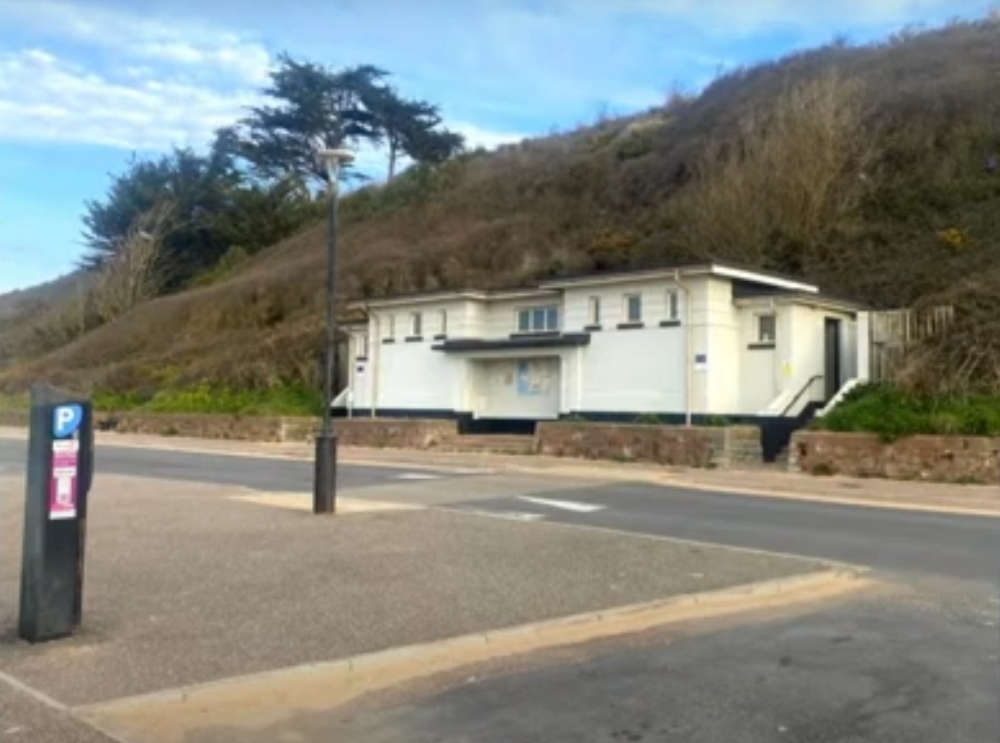 Takeaway plan for Exmouth toilets gets go-ahead
Takeaway plan for Exmouth toilets gets go-ahead
 Police hunt stalking suspect who could be in Exeter
Police hunt stalking suspect who could be in Exeter
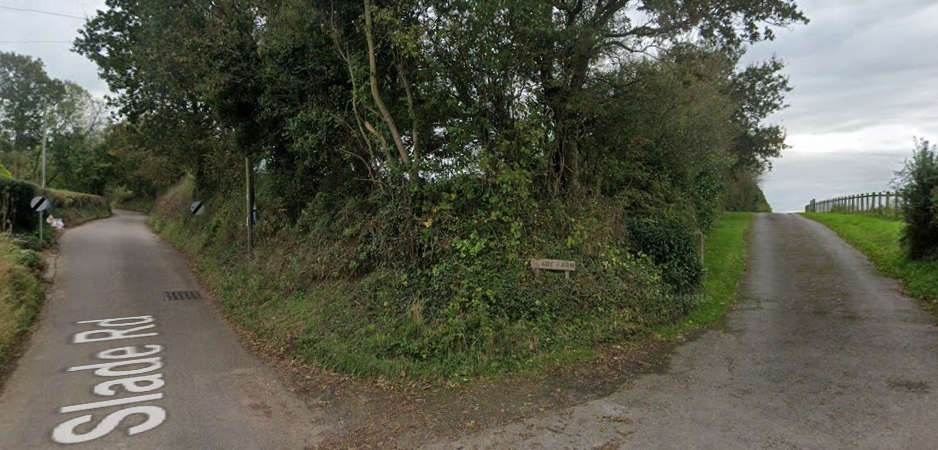 Plans for nine homes narrowly refused in Ottery St Mary
Plans for nine homes narrowly refused in Ottery St Mary
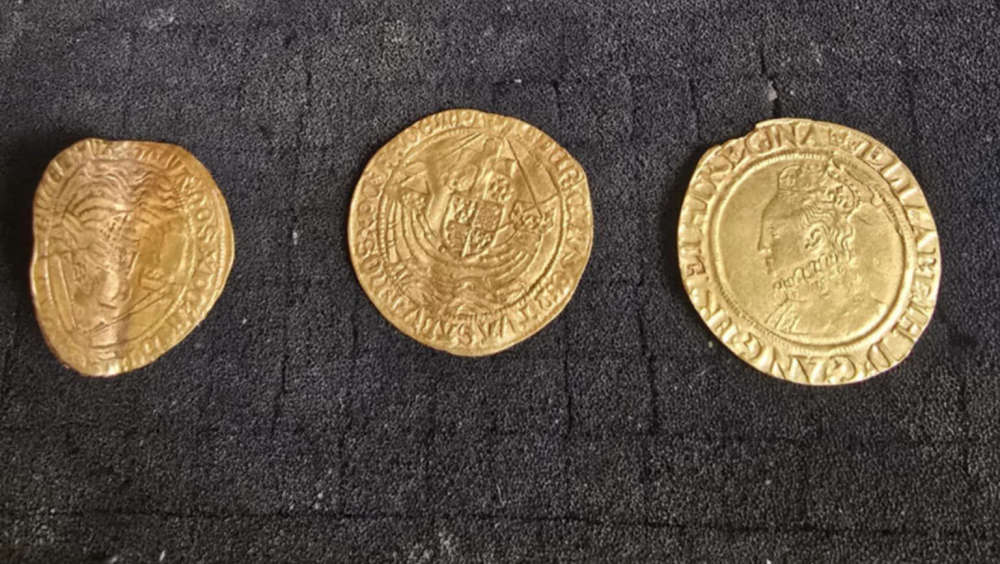 Medieval Treasure Unearthed near Silverton by Exmouth Detectorist
Medieval Treasure Unearthed near Silverton by Exmouth Detectorist
 Man given hospital order after admitting manslaughter
Man given hospital order after admitting manslaughter
 Honiton Town Council Grants
Honiton Town Council Grants
 Resignations spark Exeter city council elections
Resignations spark Exeter city council elections
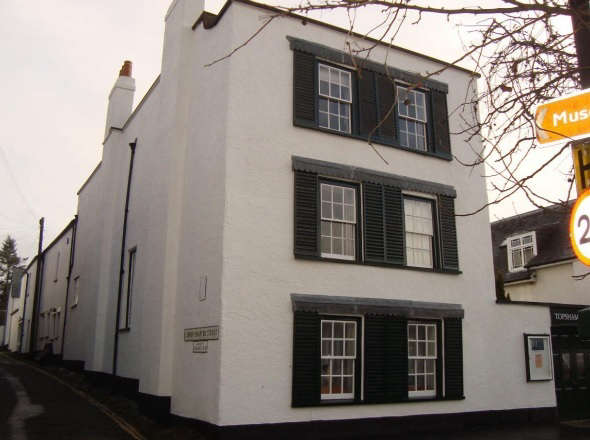 Historic Topsham building to be repaired
Historic Topsham building to be repaired










